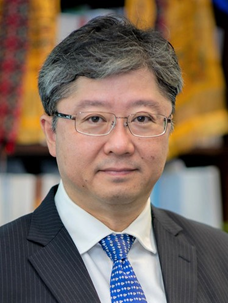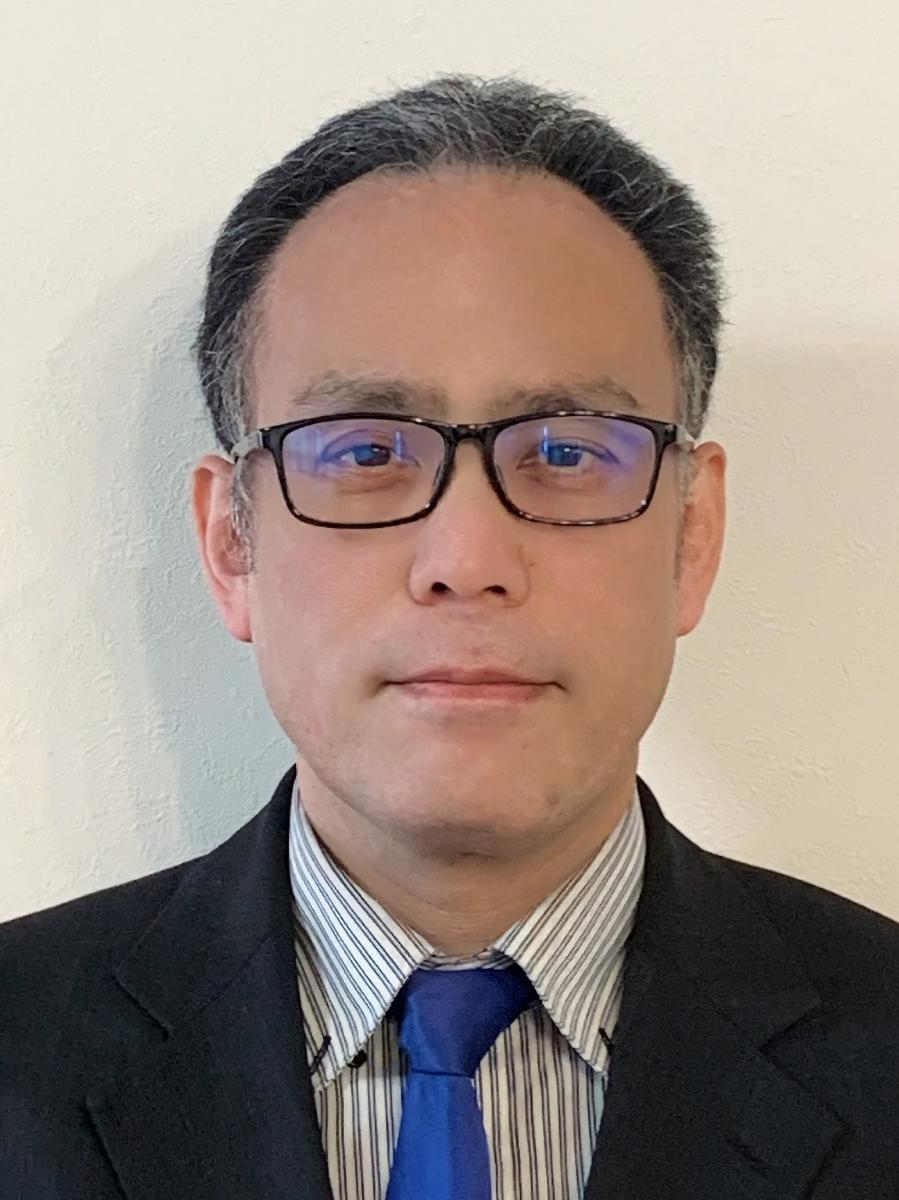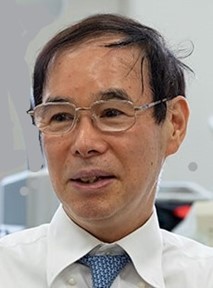July 23rd, 2024
Growth Strategies for Emerging Countries under Global Economic Fragmentation
~De-risking and Required Responses
In recent years, the international order that has traditionally supported the development of the world economy has been greatly shaken by the U.S.-China conflict, COVID-19 pandemic, the Ukraine crisis, and other factors, and economic fragmentation is increasing. This year’s elections in the U.S. and other major countries are also attracting attention as a factor that could further affect the international order. Against this backdrop, countries and companies seek to diversify and relocate their supply chains to respond to the prolonged conflict between the U.S. and China and the risks to their economic security.
In this webinar, we reviewed trends in Asian economies that drive the global economy and the impact of the U.S.-China trade war and “Moshi Tora (If Trump is elected)” on major countries and regions. We also introduced common challenges facing each country, such as cyber security, climate change response, and infrastructure investment. In addition, the importance of stable domestic demand and innovation as a growth strategy was shown in the face of the expected prolonged confrontation between the U.S. and China. Discussions were done from various perspectives; the responses by developed countries, including Japan, to resolve common issues, such as strengthening cooperation within mega FTAs (free trade agreements) and groups in each region and providing financial support to emerging countries and small and medium-sized enterprises.
| Date & Time | Tuesday, July 23, 2024, 14:00-15:30 (JST), 13:00-14:30 (SGT) |
|---|---|
| Host | IIMA |
| Event Style | Virtual Event via Zoom |
| Language | Japanese (Simultaneous English translation available) |
| Progress |
Lecture and Panel Discussion |
Panelists (in speaking order)
Yasuyuki Sawada Presentation Slides
Professor at the Faculty of Economics, the University of Tokyo and Director of the university’s Center for Research and Education in Program Evaluation (CREPE)

Yasuyuki Sawada is currently Professor at the Faculty of Economics, the University of Tokyo, Japan and Director of the university’s Center for Research and Education in Program Evaluation (CREPE). From 2017 until 2021, he was Chief Economist of the Asian Development Bank (ADB). His key research areas are development economics, economics of disasters, and field surveys and experiments. Professor Sawada obtained his PhD in Economics from Stanford University.
Satoru Kumagai Presentation Slides
Senior Researcher at the Institute of Developing Economies


Satoru Kumagai is a Senior Researcher at the Institute of Developing Economies, specializing in economic integration in East Asia and Malaysia's economic development. He earned his master's degree in media and governance from Keio University in 1996. He joined IDE-JETRO and obtained his MSc in Global Market Economics from the London School of Economics and Political Science in 2004. From 2013 to 2015, he served as an overseas research fellow at the Malaysian Institute of Economic Research (MIER) in Kuala Lumpur.
Naoyuki Yoshino Presentation Slides
Professor Emeritus at Keio University, Japan and Specially Appointed Professor, Tokyo Metropolitan University


Naoyuki Yoshino is a Professor Emeritus at Keio University, Japan. He was Dean and CEO of the Asian Development Bank Institute (ADBI). He obtained his Ph.D. from Johns Hopkins University where his supervisor was Sir Alan Walters, economic adviser to former British Prime Minister Margaret Thatcher. He was an assistant professor at the State University of New York and an economics professor at Keio University. He was awarded honorary doctorates from the University of Gothenburg (Sweden), Martin Luther University of Halle-Wittenberg (Germany), the Fukuzawa Award and the International Green Finance Lifetime Achievement Scientific Award from the Central Bank of Hungary. He is the Economic Advisor of the Republic of Palau and the Advisory Board (Chair) Stockholm School of Economics, EIJS, (Sweden).
Moderator
Hiroshi Watanabe
President, Institute for International Monetary Affairs (IIMA)
.jpg)
Hiroshi Watanabe graduated from the University of Tokyo Faculty of Law in 1972 and entered the Japanese Ministry of Finance (JMOF) in the same year. He occupied various senior positions in the Tax Bureau, the International Bureau, and others at the JMOF before serving as Vice-Minister of Finance for International Affairs. After retiring from the JMOF in 2007, he became a Professor at Hitotsubashi University Graduate School, Deputy Governor of Japan Finance Corporation (JFC), and President of Japan Bank for International Cooperation (JBIC) from 2013 to 2016. Since October 2016, he has been President of the IIMA.
